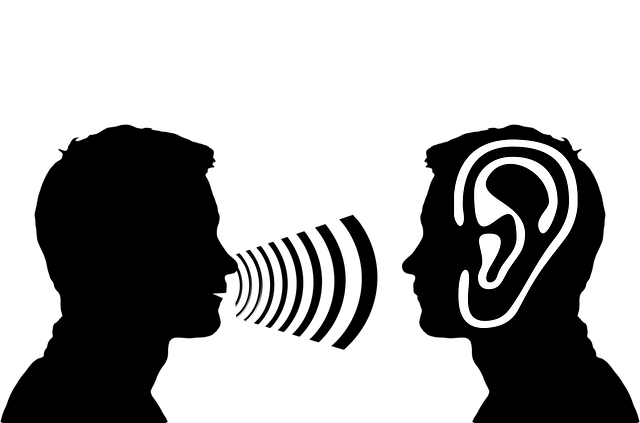New research has revealed that a week in the dark helped brain rewire its cell networks and change hearing sensitivity in adult mice whose auditory capacity was on the decline. Biologists at the University of Maryland revealed that sight deprivation changes the way brain cells interact with one another, altering neuronal networks and shifting the mice's sensitivity to different frequencies.
Based on this clue, researchers are excited that it could boost the scope for manipulation of one sense to induce change in another sense, which may help people with disabilities. For instance, temporary sight deprivation might be used to help deaf or hearing-impaired people adapt to cochlear implants and hearing aids.

The research paper, published in the journal eNeuro, reverses the thought that the sensory regions of the brain were not adaptable after a critical period in childhood. This is why children learn languages much faster than adults.
Earlier research findings
Patrick Kanold, professor of biology at UMD and senior author of the study in his earlier research disproved this idea by showing that depriving adult mice of vision for a short period increased the sensitivity of individual neurons in the auditory cortex, which is devoted to hearing.
"This study reinforces what we are learning about how manipulating vision can have a significant effect on the ability of an animal to hear long after the window for auditory learning was thought to have closed," said Kanold.
Experiment on mice
The current study expands on Kanold's earlier work and his team explored how exposure to darkness affects the way groups of neurons in the auditory cortex work. They placed adult mice in a dark space for one week and then played 17 different tones while measuring brain activity in the auditory cortex.

But they were surprised to find that groups of neurons changed altogether in different ways. Brains wire themselves to the sounds they hear and allocate areas of the auditory cortex for specific frequencies.
Darkness helps focus attention
"We don't know why we are seeing these patterns," Kanold said. "We speculate that it may have to do with what the mice are paying attention to while they are in the dark." He said the darkness around might have made the mice pay attention to the noises or voices from the other mice or some footsteps.
Kanold said his next experiment would be on manipulating the sounds the mice are exposed to in the dark and monitoring brain activity to determine what aspects of their soundscape the mice are listening to. This will help the researchers to promote change to the auditory neurons. Such information could be very useful in helping people adapt to cochlear implants or hearing aids.









